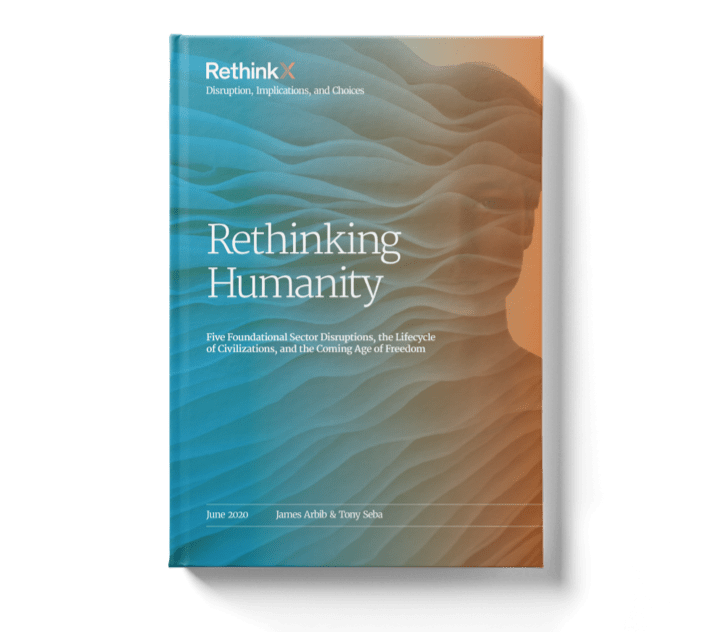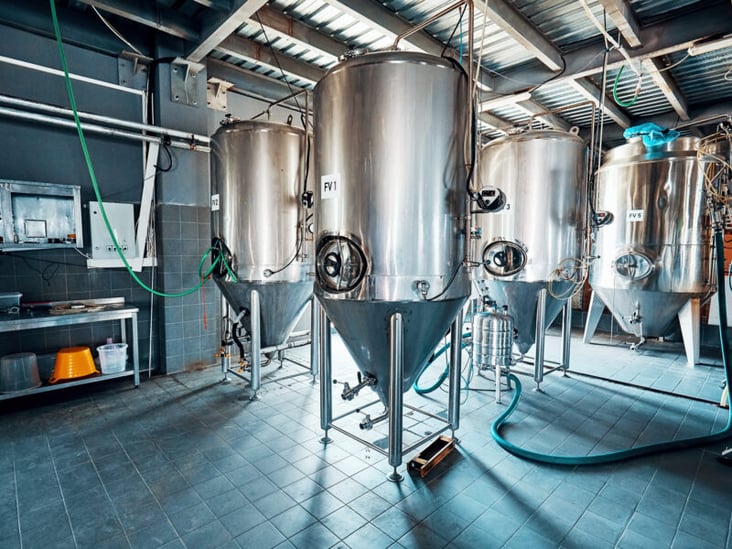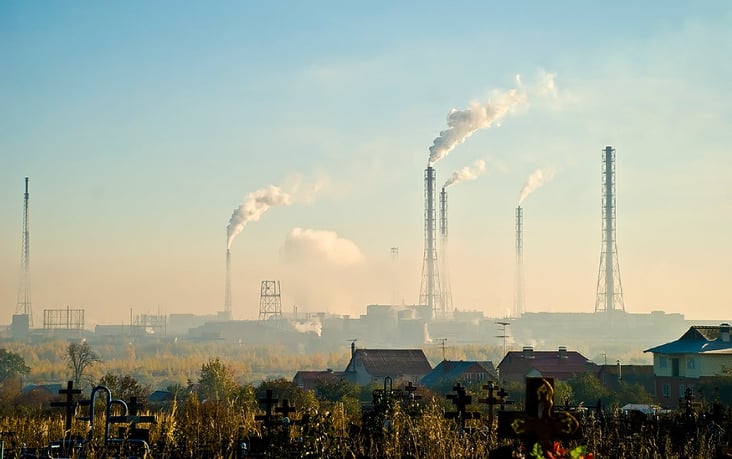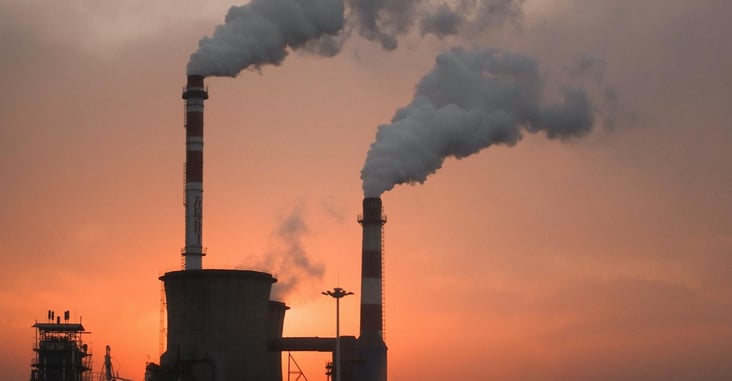Topic / Humanity / Homepage
Humanity
.jpg?width=4000&name=Hero%20BG%20-%20Humanity%20(1).jpg)
We are on the cusp of the greatest transformation of human civilization in history
These are profoundly disorienting times for humanity
As political earthquakes rumble, inequalities deepen and our environment crumbles, we feel increasingly lost and grasp desperately for band-aid solutions.
Our incumbent leaders are blind to the processes of change within complex systems: how to predict, adapt and evolve in times of crisis. The bitter truth is that our industrialized civilization has reached its end-game.
-min.png?%20Text%20570x610%20(1)-min.png&width=641&name=Website%20imagery%20-%20Medium%20-%20Image%20%26%20Text%20570x610%20(1)-min.png?%20Text%20570x610%20(1)-min.png)
At RethinkX, we know what drives change
Technology disruptions across the five foundational sectors of our global economy are opening a window of possibility, and will allow a whole new world to emerge with possibilities beyond our wildest imaginations—an Age of Freedom.
We can choose to elevate humanity and embrace the upcoming convergence of technology disruptions to end poverty, inequality, resource conflict, and environmental destruction, all for a fraction of the cost we incur dealing with them today. Or we can choose to preserve the failing status quo and descend into another dark age like every leading civilization before us.

Humanity is on the brink of existential transformation, but we’re blind to the deeper processes of change
To recognize the mind-blowing possibility space of the next decade, as well as its catastrophic risks, we must grasp the patterns of history to understand how they can illuminate today.
A New Age: From Survival to Freedom
The Age of Survival
For millennia, humans saw little improvement in quality of life, eking out an existence by fishing, hunting, and gathering plants and animals.
The fundamental driver of this age was survival.
- Leadership was distributed and cooperation was critical to survival.
- In this system, hoarding and competition within groups was avoided and punished.
- Activities were local and largely sustainable, despite some mega species extinctions and localized deforestation and landscape change.
- The major technological discovery of the Age of Survival was fire, This had a profound impact, providing warmth, protection against predators and heat for cooking, as well as triggering the development of advanced hunting tools. Fire also allowed humans to become more mobile and migrate farther to more diverse geographies.
The Age of Extraction
Around 10,000 years ago, groups in the Fertile Crescent (Mesopotamia) started the long process of coevolution of agriculture and cities that lay the foundations for future civilizations.
In this age, the easiest and cheapest resources to exploit were used first and depleted.
- Freed from the need to forage, humans could specialize and innovate.
- Trade allowed plant and animal hybridization techniques to spread, enabling higher food yields which led to larger populations, deeper specialization, and new skills and technologies.
- Challenges in overcrowding, disease, pestilence, and the need for food storage and imports to survive seasonality emerged.
- Exploitation and inequality became hard wired into our systems.
The Great Transformation
Today, the extractive, exploitative, winner-take-all production system is over.
Technology breakthroughs in information, energy, food, transportation and materials will reduce costs, increase efficiency and use fewer natural resources.
We are in the midst of a phase change disruption.
- History shows that improvement in technological capabilities in one or more of the five foundational sectors—information, energy, food, transport and materials—have triggered widespread technological advances. Extraordinary new possibilities across other sectors, the wider economy and society itself are created, allowing civilizations to break through previous frontiers to reach a higher level of capability.
-
Costs in global sectors as a result of disruptions will fall by 10 times or more. Meanwhile, production processes will be at least 10 times more efficient, using 90% fewer resources, with up to 100 times less waste, meaning transformation is inevitable.
The Age of Freedom
The prevailing production system will shift away from a model of centralized extraction to one of creation.
This new system will transform a world of scarcity to one of superabundance, a world of inequity and predatory competition to one of shared prosperity and collaboration.
- Rather than breaking down scare resources, requiring vast physical scale and reach, our systems will shift to a model of limitless building blocks. This world will be built not on coal, oil, steel, concrete and livestock, but on photons, electrons, DNA, molecules and qubits.
- This new production system will be built on technologies we are already using today
- The new, emerging production system will be far more equitable, robust and resilient than any we have ever seen.
We have the opportunity to move from a world of extraction to one of creation, a world of scarcity to one of superabundance, a world of inequity and predatory competition to one of shared prosperity and collaboration
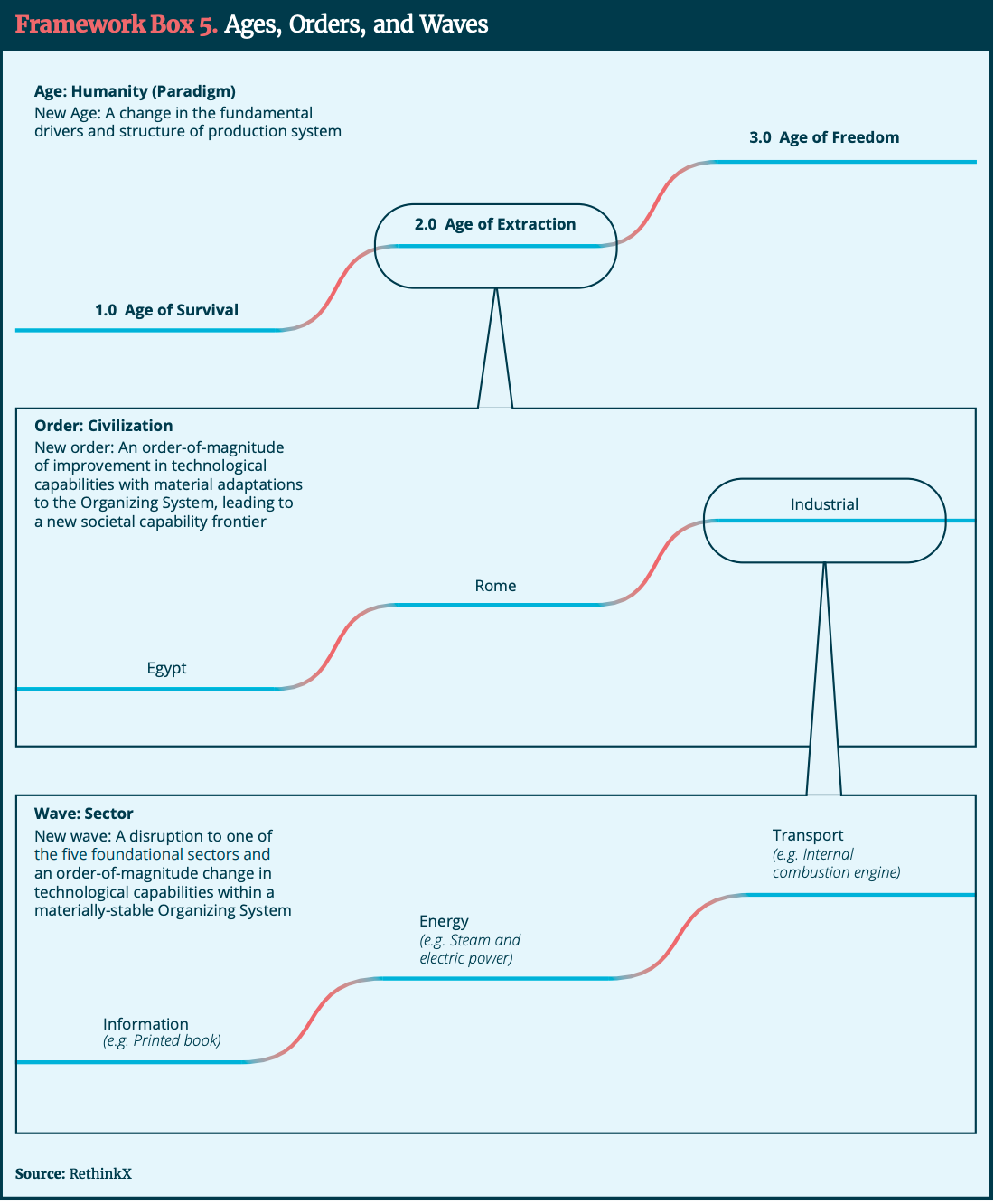
The choice is ours
As we face each new crisis, we can choose to look forward rather than backward, to use reason and wisdom rather than ideology and dogma, and to trust each other rather than turning on one another.
If we hold strong, we can emerge together to create the wealthiest, healthiest, most extraordinary civilization in history
If we do not, we will join the ranks of every other failed civilization for future historians to puzzle over.
Our children will either thank us for bringing them an Age of Freedom, or curse us for condemning them to another dark age.
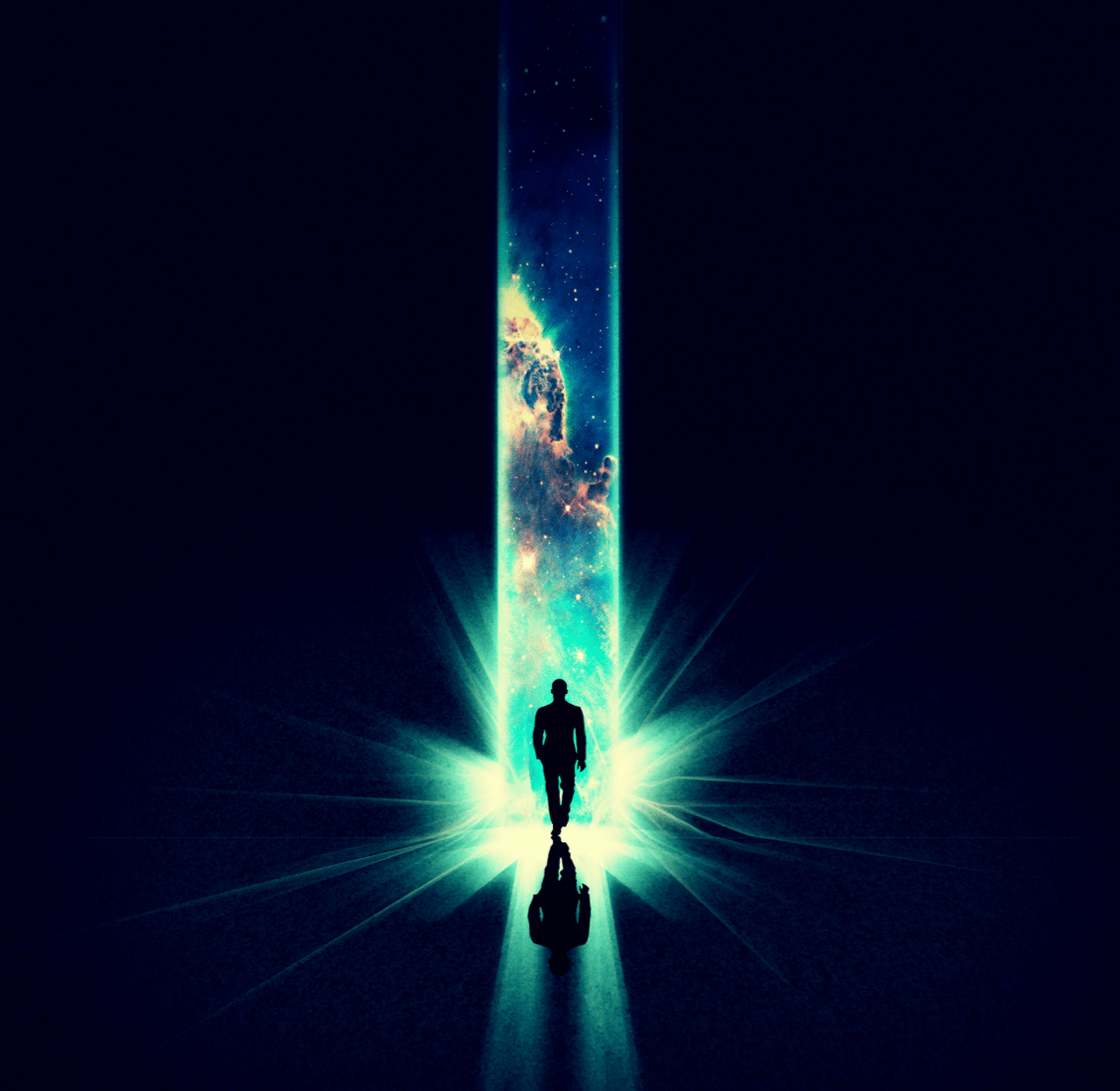
HUMANITY BOOK
Rethinking Humanity
Rethinking Humanity (published 2020) takes viewers on a whirlwind tour of the rise and fall of civilizations through a powerful lens that makes sense of the past, so that we can step into the present and create our future.
Rethinking Humanity is a clarion call to leaders across society—public and private— to see what is really happening, to understand the implications, and to redefine the way we all do business, invest and organize society.
During the 2020s, key technologies will converge to completely disrupt the five foundational sectors that underpin civilization, and with them every major industry in the world today.
In information, energy, food, transportation and materials, costs will fall by 10 times or more, while more efficient production processes will use 90% fewer natural resources with up to 100 times less waste.
For the first time in history, we could overcome poverty easily. Access to all our basic needs could become a fundamental human right.
But this is just one future outcome. The alternative could see our civilization collapse into a new dark age. Which path we take depends on the choices we make, starting today. The stakes could not be higher.
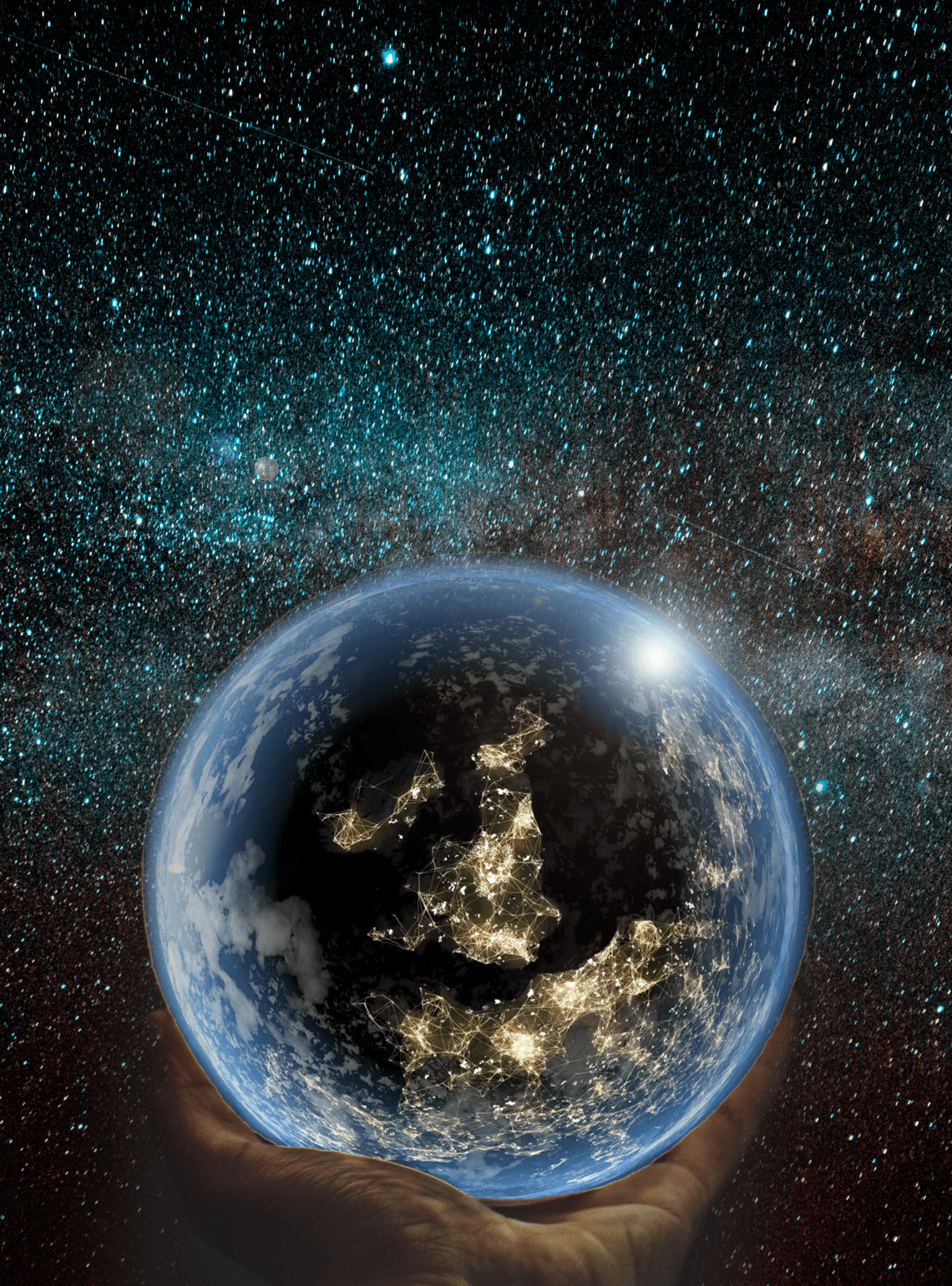
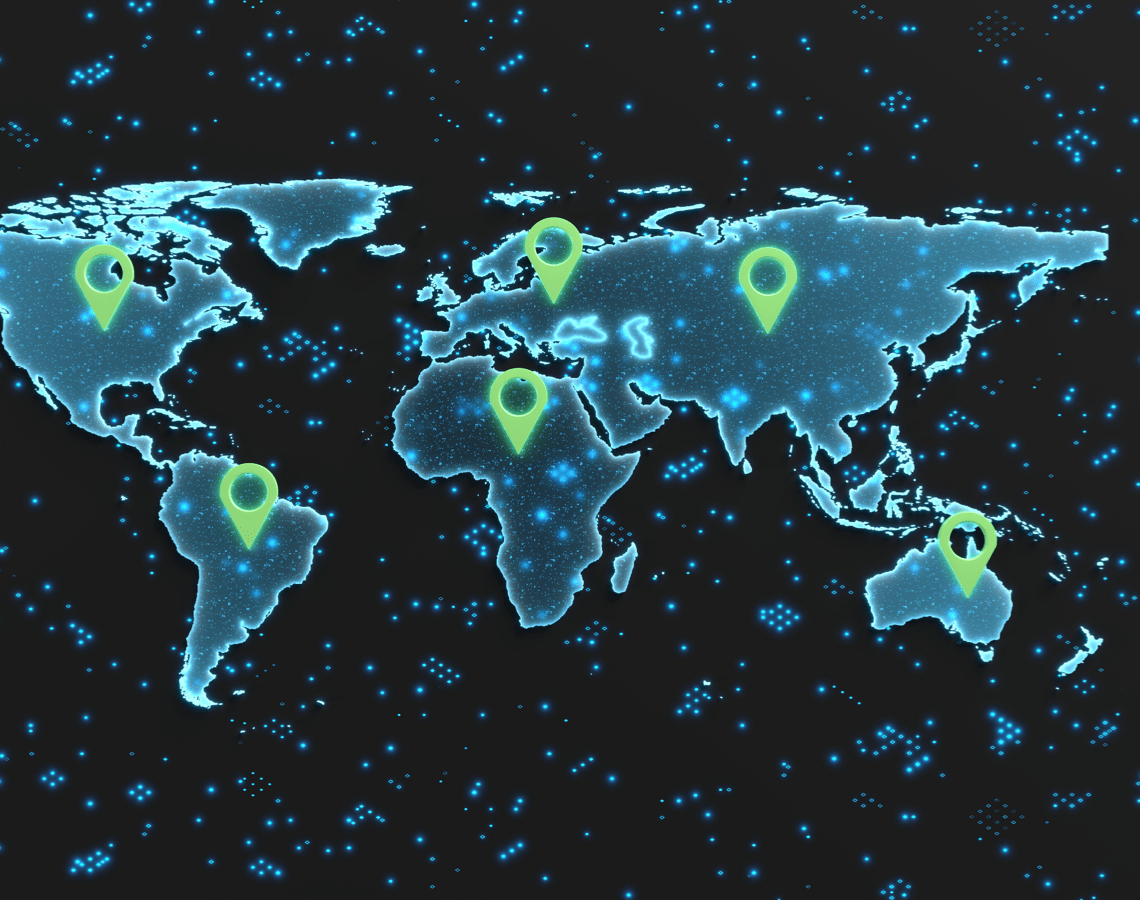
“Rethinking Humanity is seminal. Whether you run a company, a city or a nation state, you need to understand the simple patterns that drive complexity, disruption and change in human history. The future belongs to those societies who can both make the right technology choices and reorganize their governance and belief systems to capture the exponentially growing opportunities in front of us.”
Jose Cordeiro
Director, Millenium Project; ViceChair, Humanity Plus; Candidate for the European Parliament


